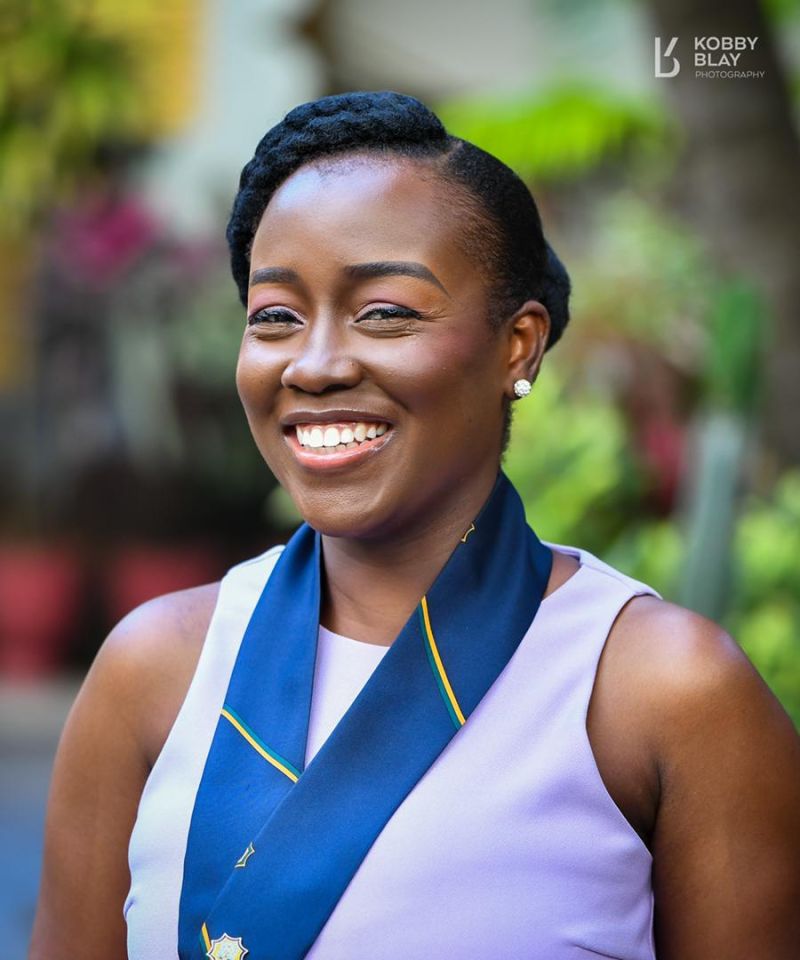A psychiatrist at the Korle Bu Teaching Hospital, Dr Abigail Harding, has warned that Ghana is facing a growing but largely invisible mental health crisis, with millions silently struggling due to stigma and lack of support systems.
Speaking on the Asaase Breakfast Show on Friday (10 October) to mark World Mental Health Day 2025, Dr Harding said current estimates suggesting that 2.4 million Ghanaians are living with mental health challenges are likely an understatement.
“It’s very true and it’s probably higher than that because people tend not to report these problems due to stigma,” she said.
“I’ve had clients who wait for months before seeking help because they don’t want to be seen in a facility with ‘psychiatry’ or ‘mental health’ written on it.”
Invisible wounds in humanitarian crises
This year’s World Mental Health Day theme focuses on “Mental Health in Humanitarian Emergencies.”
Dr Harding explained that while physical injuries often receive immediate attention during crises, psychological trauma is frequently overlooked.
“Mental health problems are invisible. You don’t see them the way you see physical injuries,” she said. “People need to talk about it before you realize there’s a problem, or their behavior must change before anyone notices.”
She called for training first responders in “psychological first aid” a structured method of offering emotional support during and after traumatic events such as floods, explosions, or accidents.
“Just as we train people to give first aid for physical injuries, we can train teachers, imams, pastors, nurses, and community leaders to offer psychological first aid,” she said. “That way, we can reduce long-term trauma and prevent severe mental illnesses later on.”
Everyday trauma, rising risk
Dr. Harding cautioned that Ghana’s mental health burden is not only driven by large-scale disasters but also by everyday experiences — from road accidents to domestic fires.
“We tend to think humanitarian crises are the big things — conflicts, explosions — but small-scale events also have lasting psychological impacts,” she noted. “If we fail to address them, we’ll see rising rates of depression, anxiety, and post-traumatic stress in a few years.”
She described trauma as existing on a spectrum: from mild fear and anxiety to more severe conditions like depression and PTSD. Early recognition, she stressed, is key to prevention.
“We all need mental health first aid”
According to Dr. Harding, psychological first aid training is already underway at Korle Bu Teaching Hospital, targeting health workers, and she hopes it will expand to communities, schools, and workplaces.
“A company can decide to train one person in psychological first aid so employees have someone to talk to before seeking professional help,” she suggested.
However, she emphasized that such initiatives require strong policy backing and funding priorities from the state.
“It’s a big challenge, but we need to prioritize. If we ignore mental health because it’s invisible, it becomes a huge burden that drains national resources in the long term,” she said.
Stigma, silence, and the need for compassion
Dr Harding urged continuous public education to normalize conversations about mental health beyond 10 October.
“We should start in classrooms — children accept things more easily. If we normalise it early, they’ll grow up knowing it’s okay to seek help,” she said.
At the family level, she called for “loving, non-judgmental environments” that allow people to speak openly and get timely help.
“Sometimes what a person needs is someone to sit with them in the trotro or taxi on their way to the hospital,” she said. “Support can start at home.”
A national priority
Dr Harding, who also serves on the Communications Team of the Mental Health Authority and is a member of the Psychiatric Association of Ghana, said her team continues to collaborate on public awareness programs and promote the use of the Mental Health Authority’s helpline (0800 687 678 678).
She concluded by calling for collective responsibility to protect mental well-being:
“Men, women — we’re all at risk as long as we are human. We must look after each other and keep this conversation going beyond World Mental Health Day.”
Source: asaaseradio.com




